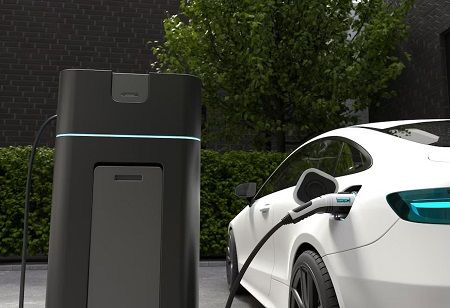
The Department of Energy (DOE) announced that the Philippines currently has 912 EV charging stations open to the public across the country, marking a significant step in its overall efforts to modernize transportation and decrease carbon emissions.
The growth signifies the nation’s increasing dedication to clean transportation, with the majority of stations located in the National Capital Region to address the surging demand.
To boost adoption further, the DOE is introducing a more robust regulatory framework via the Implementing Guidelines on Obligations of Electric Vehicle Charging Station (EVCS) Providers and EVCS Requirements, Specifications, and Interconnectivity (IG-ORSI), scheduled for release this month.
The IG-ORSI guidelines will outline installation specifications, safety measures, and performance criteria—particularly for Mode 4 chargers, which utilize direct current (DC) for swift energy supply.
“These rules aim to streamline deployment, ensure user safety, and encourage private sector investment in the EV charging sector,” the DOE said in a statement.
In addition to regulatory enhancements, the DOE will hold public consultations across the country in the second quarter to inform key choices, such as the strategic installation of EV chargers at gas stations and other busy areas.
This diverse strategy backs the Comprehensive Roadmap for the Electric Vehicle Industry (CREVI), aiming for the installation of 7,300 EV charging stations by 2028.
With the increase of EV ownership in the Philippines, bolstered by tax benefits and zero import tariffs established by the Electric Vehicle Industry Development Act (EVIDA), charging infrastructure has emerged as a vital factor for widespread acceptance.
We use cookies to ensure you get the best experience on our website. Read more...